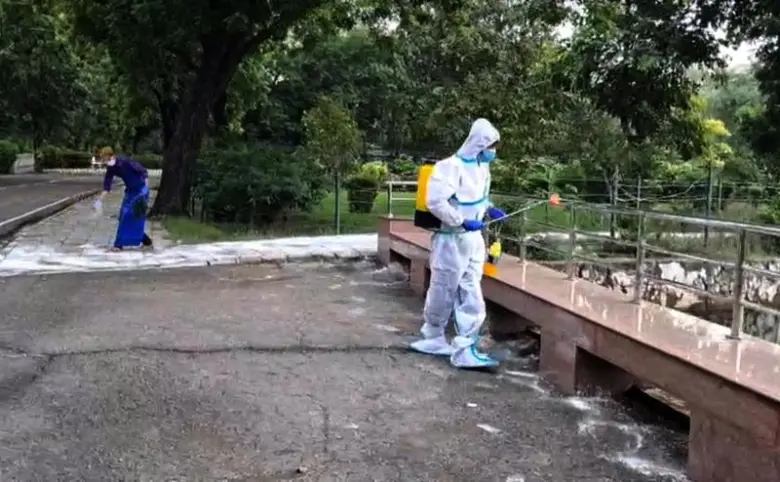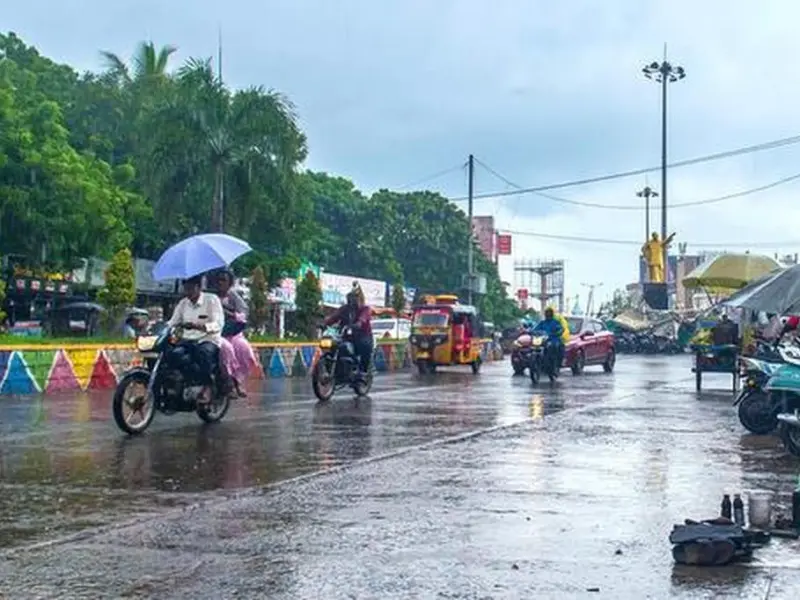The National Zoological Park in Delhi is facing a bird flu outbreak that has led to the deaths of several birds. Officials have confirmed that the virus has been detected among some avian inhabitants, prompting increased vigilance and preventive measures. The situation is being closely monitored to prevent the virus from spreading to other animals and to safeguard visitors.
On Sunday, two painted storks died after exhibiting symptoms of bird flu. A black-necked ibis showing signs of illness was separated from the flock and is receiving treatment. According to zoo authorities, a total of 12 birds have died since the outbreak began, with painted storks being the most affected species. Veterinary teams have been deployed to care for sick birds and isolate those showing symptoms.
In response to the outbreak, the zoo has intensified sanitisation protocols and restricted access to certain enclosures. Infected birds have been removed from public display, and their habitats are being disinfected regularly. Carcasses are disposed of away from water bodies to prevent contamination. Staff movement around aviaries has been limited, and biosecurity measures are in place to prevent the virus from spreading.
Key facts: nine painted storks died earlier, and three more birds died over the weekend; a black-necked ibis is under treatment; all affected birds have been isolated and removed from display; enclosures are being sanitised and carcasses disposed of safely; staff movement is restricted and biosecurity protocols enforced.
Officials from the zoo and the environment department will continue to monitor the situation and will take further action if additional cases are detected. Visitors are advised to follow safety guidelines, avoid contact with birds and observe posted instructions. Normal operations in bird enclosures will resume only after authorities are confident that the infection has been contained.
- Bird flu outbreak at Delhi zoo has resulted in 12 bird deaths.
- Two painted storks died on Sunday; a black-necked ibis is being treated.
- Affected birds are isolated, and enclosures are being sanitised regularly.
- Carcasses are disposed of away from water bodies; staff movement is restricted.
- Visitors are urged to follow safety guidelines while officials monitor the situation.





